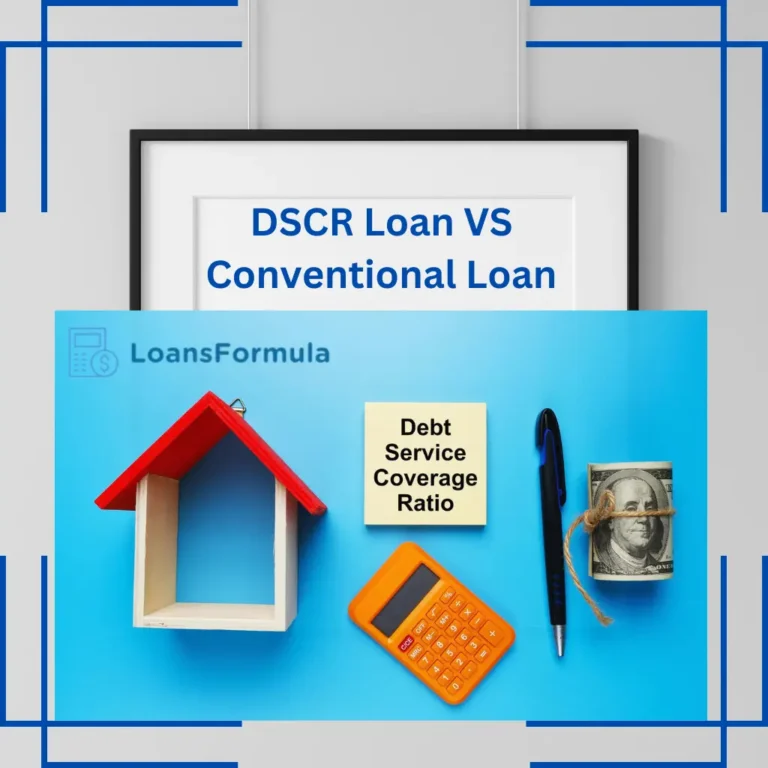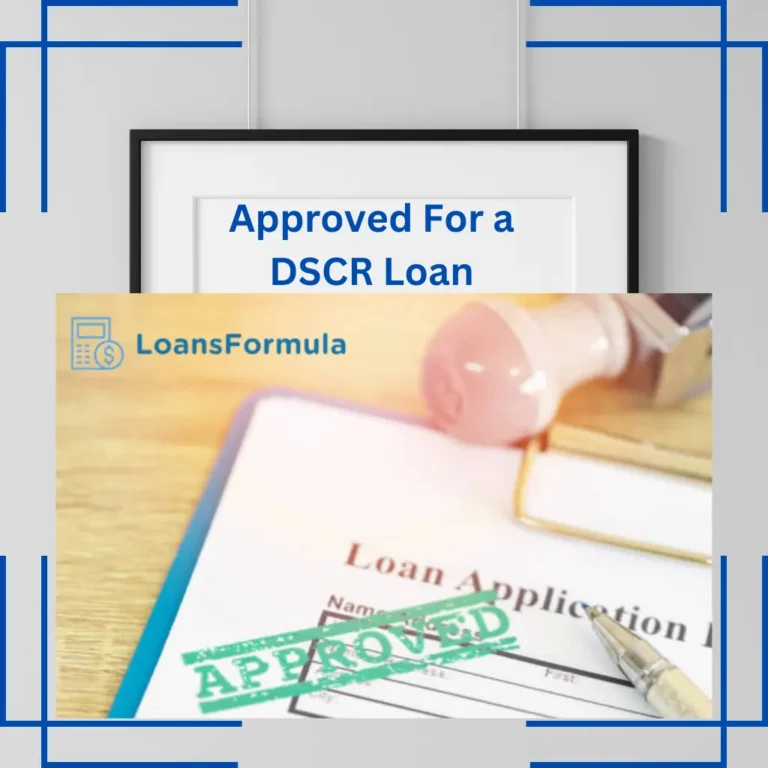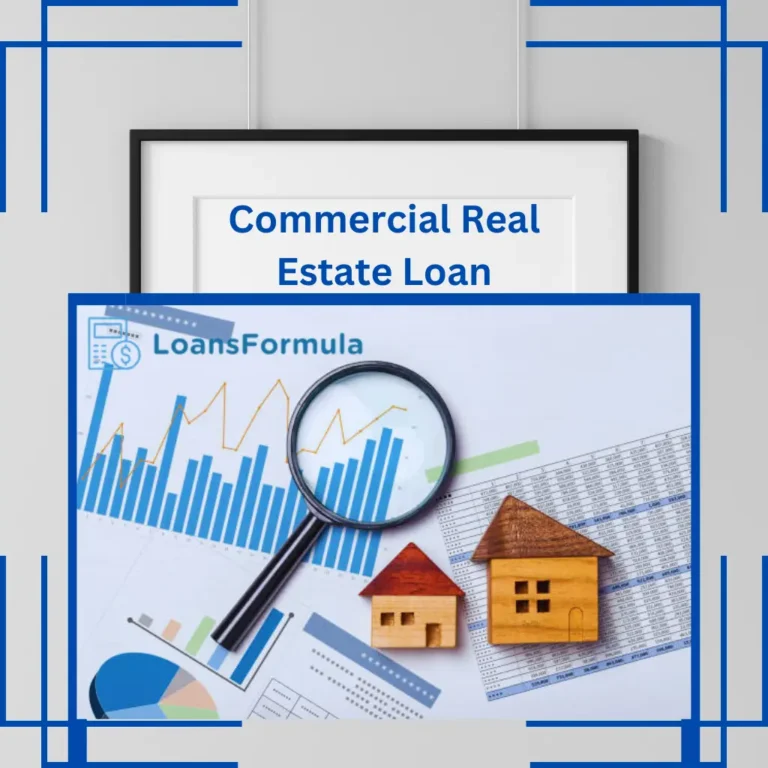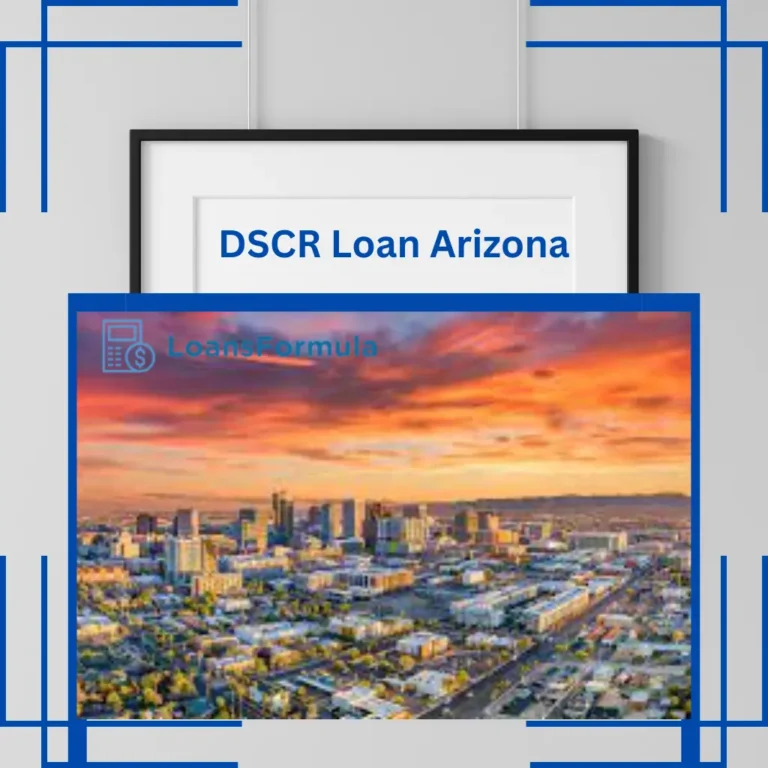8 Small Business Loans for Real Estate Investment
Investing in real estate is a smart choice for many reasons. Not only does it appreciate in value over time, but it also offers tax advantages and the potential for passive income as you build your portfolio. One of the main attractions of real estate for investors is its stability, as its income isn’t affected by fluctuations in the stock market or interest rates like other investments. Moreover, compared to other investment types, it’s generally harder to lose money in real estate.
For small businesses, financing real estate investments can be a significant challenge. It requires a solid credit history and proof of loan repayment capability. However, there is a possibility to fund your real estate project through a small business loan. To do so, you’ll need to determine the amount of money you require, the duration of the loan, and the interest rate that fits your budget. Once you have these details, you can explore different loan options with varying interest rates and fees.
There are various types of loans available to real estate investors, such as business loans, debt consolidation loans, and refinancing loans. The choice of where to obtain a small business loan for real estate depends on your specific situation and goals. Factors to consider include your budget, the desired property, and your eligibility for a mortgage. By carefully evaluating these factors, you can make an informed decision on the most suitable loan option for your needs.
Small Business Loans for Real Estate Investment
Obtaining a small business loan for real estate investors is a crucial step in funding your ventures. These loans provide short-term financial support for your business operations. The loan amounts can vary, ranging from $10,000 to $500,000, and they are typically repaid over several months or years. During these repayment periods, you’ll make interest-only payments. It’s important to note that business loans usually need to be repaid within a year, or else they are considered delinquent, and you may face high-interest rates afterward.
Before you begin your search for financing options for your real estate project, it’s essential to establish a clear budget for your investment. This can be done by consulting experts like building contractors or utilizing online tools that specialize in assessing the financial requirements of your investment accurately.
To ensure you find the most suitable funding solution, it’s advisable to explore a variety of avenues for obtaining a small business loan specifically tailored for real estate ventures. By considering different options and comparing their terms, you can make an informed decision that aligns with your financial goals and requirements.
Small Business Loans: Streamlining Your Debt
When it comes to managing multiple debts, a small business consolidation loan is a popular choice for many entrepreneurs. This type of loan allows you to merge various debts into a single loan, often at a lower interest rate compared to other options. Business funding companies specializing in debt consolidation typically offer flexible terms and have minimal requirements, making the process more accessible for you.
If you’re considering applying for a business consolidation loan, it’s advisable to collaborate with an accredited lender who understands the unique needs of businesses like yours. These lenders offer competitive interest rates, flexible repayment options, and a range of financial products tailored to your specific situation. Additionally, they have established partnerships with numerous other companies to provide comprehensive support for your business.
To qualify for a small business debt consolidation loan for your real estate venture, you typically need to meet certain criteria, such as being operational for at least three months, maintaining a credit score of 530 or higher, and demonstrating minimum monthly revenues of $10,000 or more.
When exploring debt consolidation loans for businesses, keep these factors in mind:
- Credit score and collateral quality (property value): Lenders consider your creditworthiness and the value of your collateral, such as real estate, when determining loan terms.
- Cash flow needs and growth projections: Assess your current and future cash flow requirements, as well as the anticipated growth of your business, to ensure the loan aligns with your financial goals.
- Desired loan amount: Determine the specific amount you require to consolidate your debts effectively.
By carefully considering these factors and working with a reputable lender, you can simplify your debt management process and pave the way for greater financial stability in your real estate business.
Business Loan Refinancing
Refinancing your business loan can be a great solution for entrepreneurs seeking additional funds. This type of loan is commonly used to settle existing debt obligations, but it can also be utilized to support new projects. Business loan refinancing becomes particularly appealing when your business has established a track record, yet you find yourself burdened with high-interest loans that require financial assistance.
By opting for business loan refinancing, you can potentially benefit from lower interest rates and reduced repayment amounts. This approach allows you to refinance your debts, leading to decreased interest rates and the avoidance of extra fees associated with those loans. Furthermore, if your business is grappling with a substantial amount of outstanding debt and you’re determined to steer it back on a successful path, refinancing offers a valuable opportunity.
DSCR Loans: Assessing Debt Service Coverage Ratio for Real Estate Investments
The Debt Service Coverage Ratio (DSCR) plays a crucial role in evaluating an entity’s ability to meet its debt obligations. While it’s commonly applied in analyzing corporate finance for companies and corporations, it also serves as a valuable tool in assessing the cash flow of income-producing properties in the multifamily and commercial real estate sectors.
When assessing a borrower’s capacity to cover debt payments, the Debt Service Coverage Ratio (DSCR) takes center stage. It measures how much Net Operating Income (NOI) generated from an asset can be allocated toward repaying annual debts. Essentially, it’s the ratio of NOI to the total loan payment per year. Lenders tend to prefer a higher DSCR, as it indicates a greater amount of net operating income available for debt repayment.
Understanding whether a real estate property generates enough revenue to cover mortgage payments is essential, and DSCR provides valuable insights in this regard. When investors apply for new loans or seek to refinance existing ones, lenders often consider the debt service coverage ratio as a key metric in determining the amount they can lend. Consequently, having accurate DSCR figures at hand has become increasingly important in the lending process.
SBA Loans
If you’re a small business owner looking for financial assistance, the U.S. Small Business Administration (SBA) has got you covered. They offer a range of options, including loans, grants, and other forms of support, through their approved lenders. To apply, you’ll need to provide some essential information such as your business plan, credit score, and identification documents like your driver’s license or passport. The SBA website is a valuable resource for small businesses seeking financial aid, offering a wealth of information and assistance.
When it comes to small business loans, the SBA caters to both entrepreneurs and high-growth businesses with unique funding requirements. The loan amount you can receive depends on the size of your business, and the loan terms can extend up to 25 years, all at a fixed interest rate.
For real estate ventures, the Small Business Administration has various programs that specifically focus on development, renovation, and construction. These loans can be utilized to acquire commercial space, construct a new building, or renovate an existing property.
Moreover, the SBA provides low-interest commercial real estate loans and 504 loans to support small businesses facing economic downturns. These programs are designed to assist businesses that need to expand their operations or upgrade their facilities.
Whether you’re starting a new venture or looking to grow an existing one, exploring the SBA loan options can be a wise step to secure the financial support you need.
Venture Debt Financing
If you’re struggling to find an angel investor or unable to secure investment capital from friends and family, there’s another avenue to consider: venture debt financing. This approach involves using a bank loan as collateral to obtain the necessary funds for your business. Unlike other options, venture debt financing doesn’t typically require personal guarantees from borrowers, making it an attractive choice for many.
Venture debt financing provides a flexible solution when seeking a small business loan for real estate. While it does come with higher interest rates and fees compared to traditional bank loans, it offers advantages in terms of accessibility. However, it’s important to note that venture debt lacks the same level of flexibility as convertible debt, and you’re required to repay it within a specified timeframe.
By considering venture debt financing, you can tap into a range of lenders who are ready to support your real estate endeavors. Although it may entail certain costs, this option can provide the necessary capital to fuel your business growth and achieve your goals.
Convertible Debt from Angel Investors
When you’re launching a business, having sufficient capital to navigate the initial stages of operations is crucial. One excellent option is to seek support from angel investors who are willing to provide the much-needed cash infusion.
To begin with angel investors, it’s essential to craft a compelling business plan and present it to them. Your plan should offer a comprehensive overview of your business, including details on the required funding, projected growth timeline, and more.
Investors are more likely to be interested if your business plan is thorough and well-presented. Consider seeking advice from someone knowledgeable in real estate investing to ensure your company’s structure aligns with investment criteria. Once you secure the support of an angel investor, it’s important to determine the amount of funding they are willing to contribute to your venture.
Angel investors often provide loans in exchange for equity in your business. This type of debt is known as convertible debt since it can be converted into equity at a predetermined point in the future. Startups and companies aiming to expand beyond their current funding level typically utilize this type of financing.
By leveraging the potential of convertible debt from angel investors, you can access the necessary funds to propel your business forward while offering potential equity upside for your investors.
Bank Loans
If you’re considering obtaining a small business loan for real estate, bank loans are a reliable option to explore. Banks often provide loans with lower interest rates compared to other financing options. This is because they aim to attract customers who may not qualify for credit cards or home equity lines of credit (HELOCs).
If you have an excellent credit score and valuable collateral like real estate or other assets, a bank is likely your best choice. Banks offer a range of loan options tailored to small businesses looking to expand or invest in real estate. Typically, small business bank loans fall within the $5,000 to $50,000 range, although the specific loan amount you qualify for will depend on factors such as your credit rating and income.
To secure a loan from a commercial bank, you’ll usually need to provide collateral such as property deeds, liens, or mortgage notes. Additionally, banks require borrowers to submit their credit scores as part of the loan application process. These measures ensure that banks carefully evaluate each loan application before granting approval.
Hard Money Business Loans: A Closer Look
When it comes to real estate, hard money loans stand out as a specific type of unsecured personal loan. Unlike traditional loans, they don’t require a down payment or involve private money lenders. Typically used for substantial construction purchases, such as commercial or residential buildings, land acquisitions, or distressed property purchases, hard money loans offer a unique financing solution.
However, it’s worth noting that hard money loans are known for their higher costs. Compared to traditional bank loans, they come with higher interest rates ranging from 12% to 18%. These loans are typically obtained from private investors who specialize in providing financing for real estate investments and projects.
To qualify for hard money loans, you’ll need to demonstrate sufficient assets or equity in your business. If you don’t meet the requirements for hard money loans but still seek financing, there are alternative options available. These include small business bank loans, debt consolidation loans, and SBA loans, which cater to different financial needs and circumstances.
Conclusion
If you’re involved in the real estate industry and seeking a small business loan, you have several options to explore. Whether you’re looking to refinance your mortgage or secure a new loan for your next real estate venture, various types of loans can assist you in achieving your goals. The choice of lender will depend on your funding requirements, credit history, and overall financial situation.
While many small businesses typically turn to venture capital firms or angel investors for startup funding, real estate loans are obtainable through banks, credit unions, and private investors. These loans serve diverse purposes, such as debt consolidation, refinancing existing debt, or financing property improvements. You can obtain them from the Small Business Administration (SBA), business funding companies, local banks, credit unions, and online lenders. Each lender has its own eligibility criteria and interest rates for small business loans.
To secure a small business loan for real estate successfully, it’s crucial to have a well-crafted business plan. This plan should outline how you intend to utilize the funds, the expected return on your investment, and the projected timeline for repayment. When choosing the financing option for your real estate investment, factors to consider include customer support, ease of application, flexibility, eligibility requirements, loan costs, and accessibility.
By carefully assessing these factors and tailoring your approach accordingly, you can enhance your chances of obtaining the right small business loan for your real estate endeavors.







